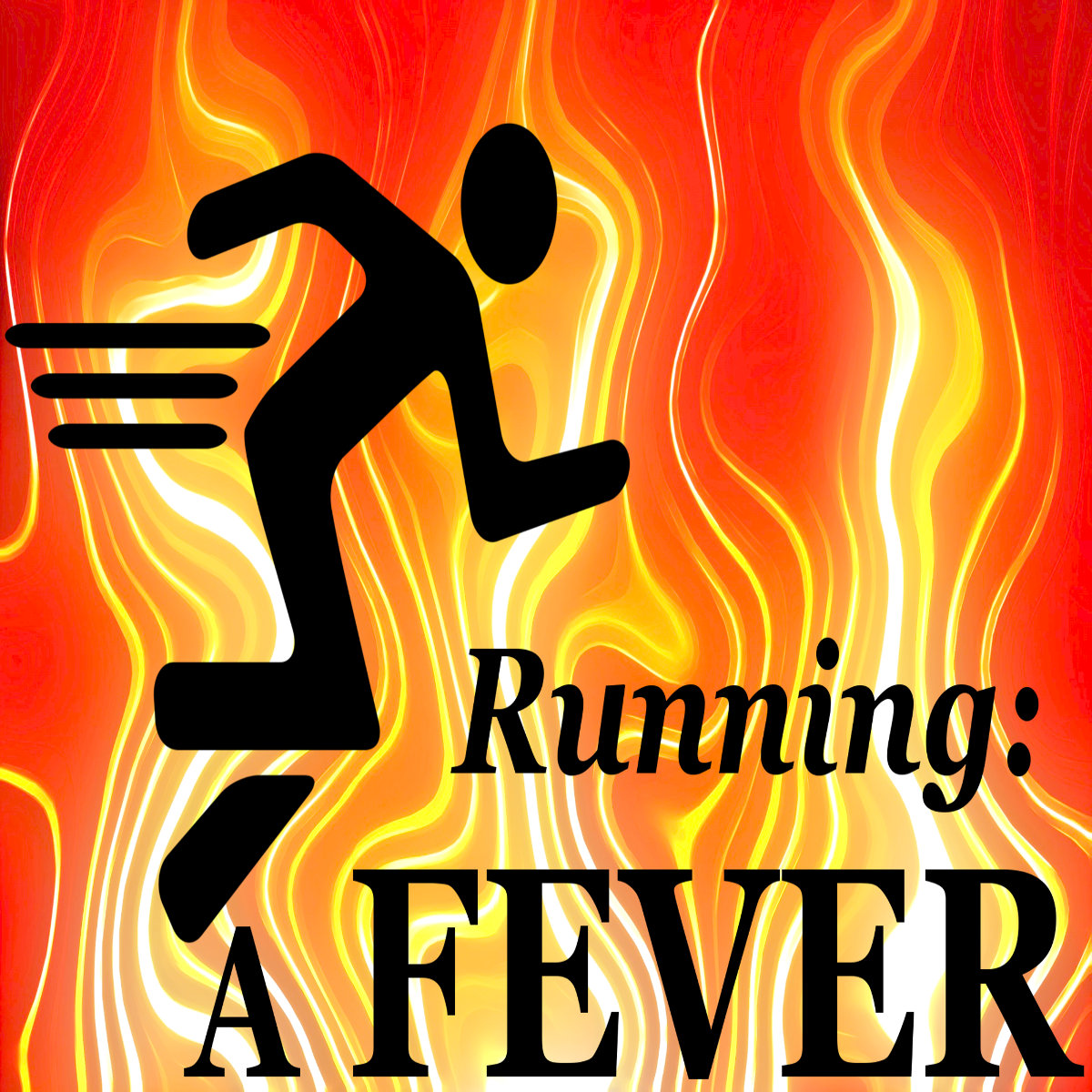I’m pretty sure I was very critical of the keto diet from the beginning. Even in this interview, you can tell that Michael had lost a lot of weight, but his wife, as his medical professional, told him this was not a healthy way to eat. It seems obvious to me that a diet of almost all fat cannot be healthy, despite what the body is doing.
The ketogenic diet, popularly known as the keto diet, is high in fat, as Michael mentioned. It reduces protein intake to the minimum necessary, and the same goes for carbohydrates. It was originally developed to treat refractory epilepsy in children. Used as such, it can reduce seizures by as much as fifty percent.
The name comes from ketone bodies, which replace glucose in providing energy to the brain when the body is in ketosis. Ketosis is caused when carbohydrates, which normally provide glucose fuel to the brain, are not available. In this case, the liver converts fat into fatty acids and ketone bodies.
The keto diet is really a rebranding of the Atkins diet, which became popular in the 1970s and 1980s. Long-term effects are not known because people rarely stick to the diet for very long.
The changes Michael made to his lifestyle after he stopped using the keto diet seem to be fairly healthy. Exercise, a reasonably low-calorie diet without being extreme, and the elimination of sugar.
You can lose a lot of weight in the wrong way, as I have proven myself over the years. The yo-yo must be stopped, and a fad diet is no way to accomplish that.
I hope you’ve enjoyed this blast from the past, and remember, if you have the fever, keep it burning. And if you don’t, catch the fever. And I will talk to you next time on Running:A FEVER.
References:
https://en.wikipedia.org/wiki/Ketogenic_diet
https://www.health.harvard.edu/blog/ketogenic-diet-is-the-ultimate-low-carb-diet-good-for-you-2017072712089
https://www.avancecare.com/the-keto-diet-its-history-and-what-you-need-to-know/
